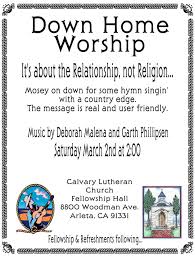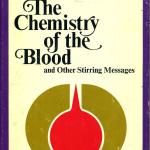What Is (Christian) Folk Religion?
Folk religion is an anthropological category also used in the sociology of religion. It is religion done, believed, practiced, by the people, not the scholars. Every religion has its own form of folk religion. However, folk religions share some common features.
Here I am writing specifically about American Christian folk religion, but the features I identify overlap with other folk religions.
Folk religion thrives on comfort and other feelings (e.g., excitement) to the neglect, even rejection of, the life of the mind, especially critical thinking and abstract thinking.
Folk religion resists criticism from “elites.” It is populist and even individualist.
Folk religion thrives on cliches, evangelegends (religious urban legends), spiritual stories (e.g., autobiographies of religious celebrities), and popular devotional materials (e.g., “Promise Box” cards).
Folk religion is anti-intellectual.
Folk religion is pragmatic. Truth often takes a back seat to what “works” to evangelize, grow a church, “disciple,” etc.
Folk religion tends to latch onto a particular “Bible teacher” who may or may not have any scholarly credentials (usually doesn’t) and believe whatever he or she says uncritically.
Folk religion can appear among conservative Christians and liberal-progressive Christians. Among conservative Christians it TENDS to latch onto dispensationalism or some other alleged “biblical system” for understanding the Bible. Among liberal-progressive Christians it TENDS to latch onto some social justice program, elevating that to the status of the be-all and end-all of true, authentic Christianity.
In recent years, a relatively new form of folk religion has appeared in America—white Christian nationalism with a particular edge (MAGA blended with Christianity).
In any case, folk religion resists critical thinking aimed at itself. It rejects self-criticism or even self-reflection, especially anything that causes cognitive dissonance. It resists true scholarship as a “head trip” that detracts from the true meaning of Christianity which is either feelings or activism.
*If you choose to comment, make sure your comment is relatively brief (no more than 100 words), on topic, addressed to me, civil and respectful, not hostile or argumentative, and devoid of pictures or links.*














